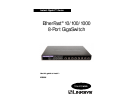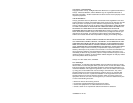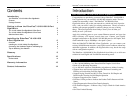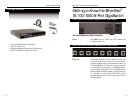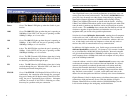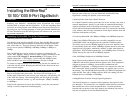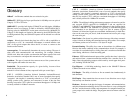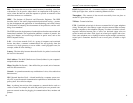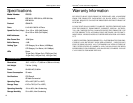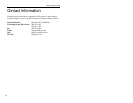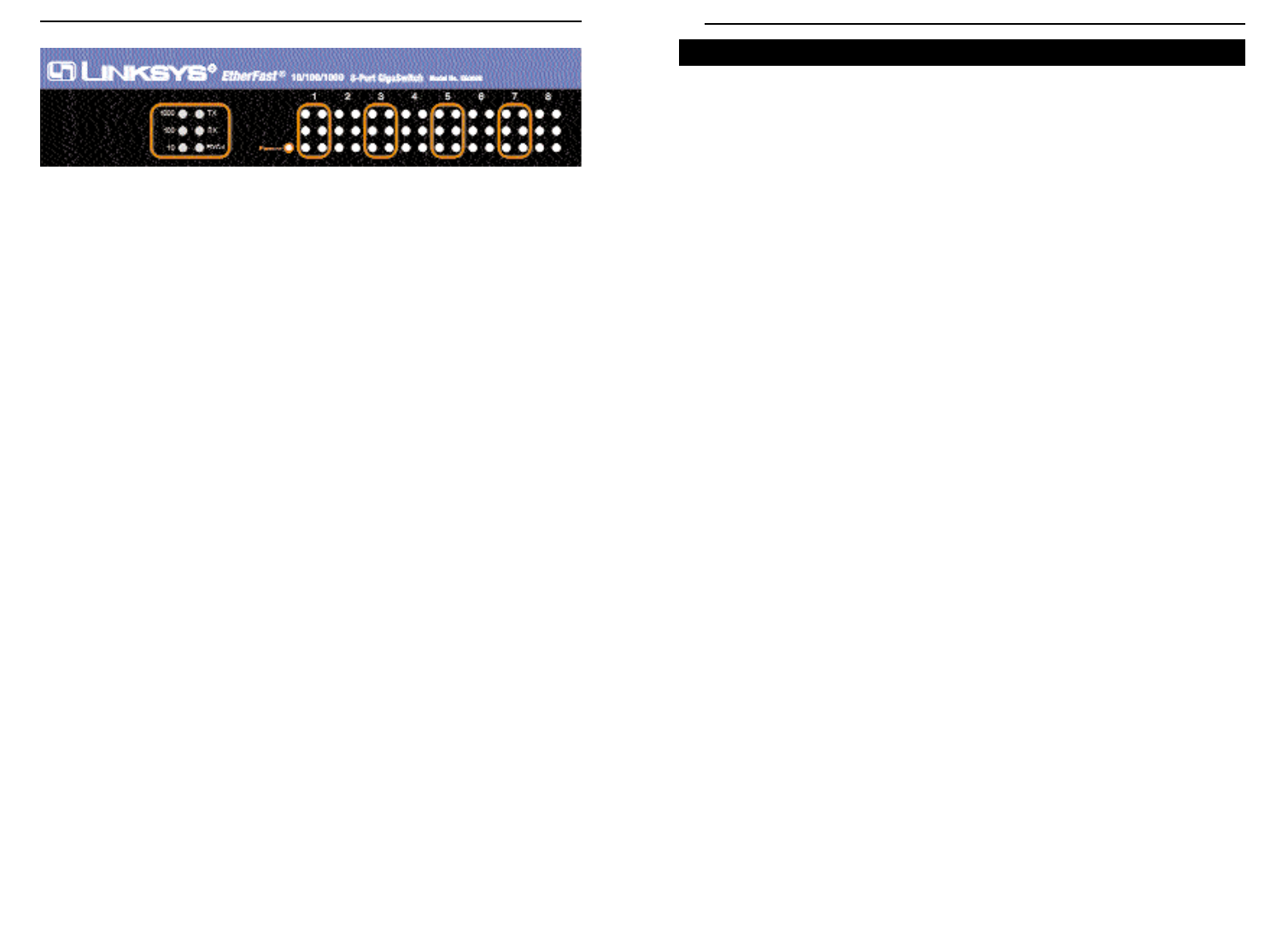
Your GigaSwitch boosts your network performance several times over, con-
serving your time, money and resources. The Switch’s 10/100/1000 feature
gives you a key advantage over other forms of networking by upgrading
speed-critical network segments to 1000Mbps while allowing existing
10BaseT and 100BaseTX networks to operate with the Switch. Allowing
10BaseT and 100BaseTX hardware speeds to run alongside each other elimi-
nates the need to purchase new hardware, rewire and reconfigure an entire
site all at once. This scalability factor ensures that Fast Ethernet will not fall
obsolete to upgrades in speed standards and maintains use of all your old
equipment until you decide to buy speedier replacements.
Switches also feature full-duplex data transfer, meaning that all computers
on the switch can “talk” to the switch at the same time. Plus, switches can
send and receive data simultaneously to all connections, whereas a hub can-
not. A hub simply works with one computer at a time and only sends or
receives data, since it cannot handle two way communication.
In addition to full-duplex transfer, your Switch surges your network with
dedicated bandwidth to each node. For instance, if you connect 8 comput-
ers to your EtherFast 10/100/1000 8-Port GigaSwitch , then each computer
will get a dedicated bandwidth of 2000Mbps at full duplex transfer. If you
run 8 computers from a 100Mbps hub, then each computer will only share a
part of the 100Mbps bandwidth.
A network without a switch is called a shared network because every node
on the network competes for a fraction of the total bandwidth. In a shared
network, data packets are randomly broadcasted to all stations until they
discover their intended destination. Consequently, considerable time and
bandwidth is wasted on data packets swimming along network lines before
they find their correct address. A switch, on the other hand, looks at the
address for each data packet and delivers it directly to the correct destination.
Gigabit Ethernet is ideal for deployment as a backbone interconnect, and as a
connection to high-performance servers. With the addition of Gigabit
Ethernet, Ethernet delivers scalable solution (10/100/1000 Mbps) for the
LAN from the desktop to the workgroup, and the backbone.
Switches Versus Hubs
EtherFast
®
10/100/1000 8-Port GigaSwitch
The LED Indicators
Power Green. The Power LED lights up when the Switch is pow-
ered on.
1000 Green. The 1000 LED lights up when the port is operating at
1000Mbps. If the LED is off, the port is operating at either
100Mbps, 10Mbps, or it is not active.
100 Green. The 100 LED lights up when the port is operating at
100Mbps. If this LED is off, the port is operating at either
1000Mbps, 10Mbps, or it is not active.
10 Amber. The 10 LED lights up when the port is operating at
10Mbps. If this LED is off, the port is operating at either
1000Mbpd, 100Mbps, or it is not active.
TX Green. The TX (Transmit) LED flickers when data is being
transmitted through the port. When the LED is off, there is
no data being transferred through the port.
RX Amber. The RX (Receive) LED flickers when data is being
received through the port. When the LED is off, there is no
data being transferred through the port.
FD/COL Green. If the FD/COL (Full Duplex/Collision) LED is lit up
continuously, the connection made through the correspon-
ding port is running in Full Duplex mode. If the LED is flick-
ering, the port is experiencing data collisions. Infrequent
collisions are normal. If this LED is flickering too often,
there may be a problem with your connection.
Instant Gigabit™ Series
4 5



